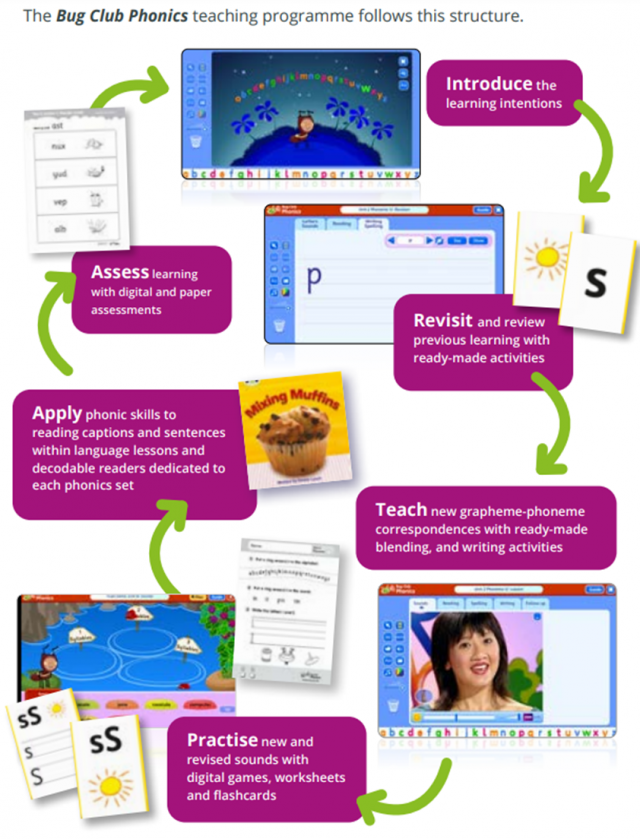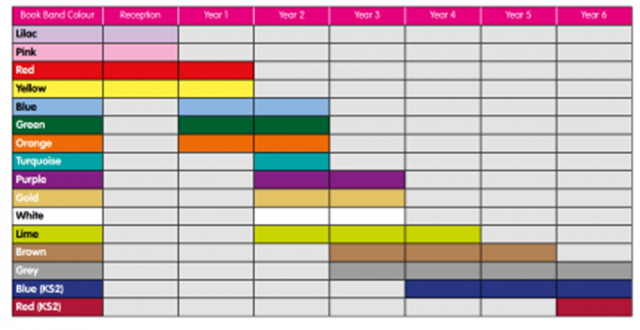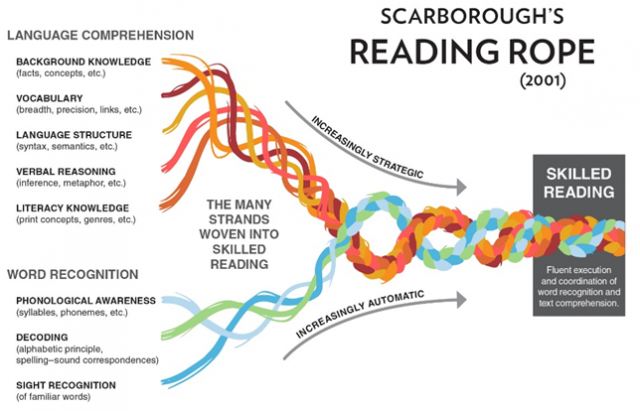Reading
Reading at Churchside Federation
Phonics
At Churchside Federation we use the Bug Club Phonics scheme. This is used in EYFS and KS1 to teach the children to read words with accuracy by segmenting, blending and decoding. Phonics practice is daily and the children’s reading books are aligned with their current learning in phonics. Parents can find the sounds which their children will be learning on the class newsletter for that half term. It is also on the class website for each EYFS/ KS1 class.

Near the end of year 1, the children complete a Phonics Check. More information on this can be found below:
A Guide to Book Bands
The Book Band system helps us to organise our books by difficulty level. Each level has its own colour and includes a selection of reading scheme books, both online via Bug Club and in print. The difference between each band is gradual so that children will not experience difficulty when moving from one to the next. Details of your child’s Book Band colour and targets are inside the front cover of their Reading Record. This chart gives an indication of the range of Book Band levels at which most children will be reading as they progress through the school.

The chart shows the Book Bands for an ‘average’ group of children but children are all individuals who learn and make progress at different rates, so the chart is only a guide. As well as periods of rapid progress, your child will probably have periods of consolidation when progress is not as obvious.
Although you may worry if your child has been on a book band for a while, this is the time when they have the chance to develop confidence in using and applying their newly-acquired skills; it is important that children develop their comprehension skills alongside their ability to read the words on the page. Class teachers assess the children’s reading on a regular basis and will change their Book Band colour only when they are confident that both the comprehension and word reading targets have been fully met.
Please discourage your child from seeing the Book Bands as a race through the colours, but help them to understand that each band will offer a range of books which will help them in developing different reading skills. If they are a keen reader, the school encourages the children to read widely outside of their book band to develop their understanding of genres and their loves of books.
Adults listen to the children read regularly in order to aid fluency, comprehension and to assess for moving book bands. This may include the class teacher, teaching assistant or a volunteer, but a decision to move your child’s book band is the teacher’s decision.
Thank you for reading with your child at home- it is an essential part of their development and you play a vital role in nurturing their love of reading.
Class Readers
Each class has class book which is pitched slightly higher than the class’s ability. This is to improve the children’s vocabulary and to widen their knowledge of literature, genre and the world around them. These books are read to the children by the class teacher on a daily basis.
Pupil voice has shown that the children love this reading time as they enjoy listening to their teacher read with expression and it helps them in their work.
“I love reading and our class book. It helps me to improve my writing, especially with new words.” Year 2, Mundford.
“Reading has improved my imagination and I love hearing our class book at the end of the day. It helps me to wind down and relax.” Year 6, Gooderstone.
The class readers are shared with the parents on the weekly school newsletter.
Teaching Comprehension
At Churchside Federation, developing the children’s comprehension of texts is prioritised and reading across the curriculum is used to widen the children’s world.
Our evidence-based strategy for teaching consists of:
- Getting the children to read more;
- Improving the children’s vocabulary;
- Widening the children’s background knowledge.
This has informed our planning for Reading lessons which are run over 3 sessions.
- Introduction to the text where the text is read to the class and then with the class in the form of choral reading. The teacher demonstrates the appropriate expression for the text. Vocabulary is then explored.
- After the text is choral read for the second time, the wider world of the text is explored in this session. For fiction texts, other stories with similar themes are compared; for non-fiction, this session may take the form of a cross-curricular lesson where the topic is explored more thoroughly.
- The text is choral read for a third time and then the children answer questions about the text.
Teachers choose texts across a variety of genres and with different structures to ensure that the children are exposed to a rich literary education. References to our Reading Golden Threads (retrieval, inference, prediction and summarisation) constantly throughout these sessions due to the need for all skills to be used simultaneously, in line with Scarborough’s Reading Rope (see below).

You can support these lessons at home by encouraging your child to choose different types of books for their free reading book and by spending some time reading with your child. Modelling appropriate expression and exploring vocabulary can unlock the text for your child and get them to understand it fully.
English makes a major contribution to pupils’ SMSC development through:
- Developing confidence and expertise in language, which is an important aspect of individual and social identity.
- Enabling pupils to understand and engage with the feelings and values embodied in high quality poetry, fiction, drama, film and televisions.
- Developing pupils’ awareness or moral and social issues in fiction, journalism, magazines, radio, television and film.
- Helping pupils to understand how language changes over time, the influences on spoken and written language and social attitudes to the use of language.
- Helping pupils to engage in emotional literacy through differing genres.


